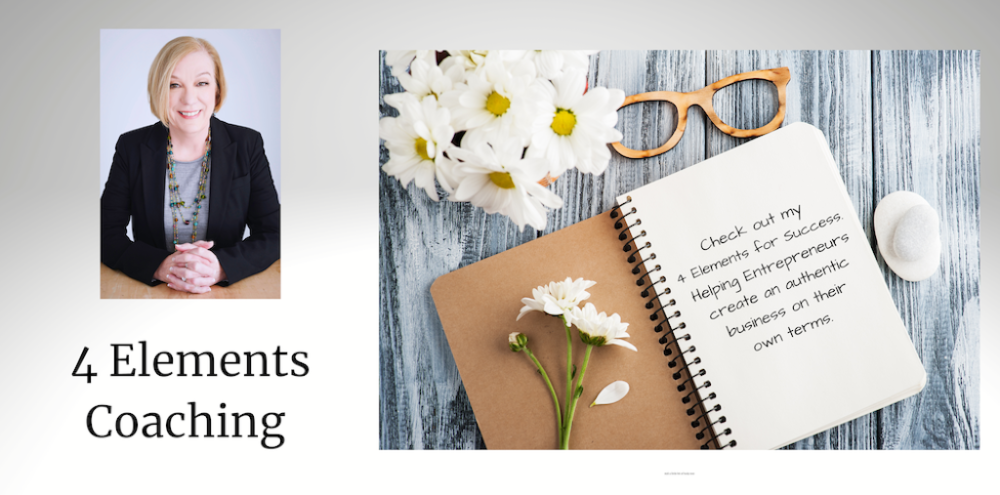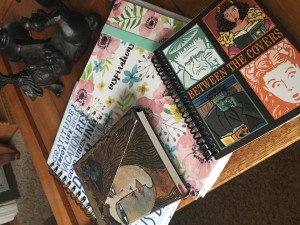The Power of Music
On Day 6 of our Summer of Self Care series, we talked about the value of Dance on our feeling of well being. Hopefully you took a Dance break that day and maybe a few days since.
Today, music takes the center of the stage in our mind as we learn about the value of incorporating music into your self care plan.
According to Jill Suttle, music is that medicine we need for so many things. Her blog post linked here give you five ways neuroscientists have discovered that music can improve your health. But the basic research shows this:
“Neuroscientists have discovered that listening to music heightens positive emotion through the reward centers of our brain, stimulating hits of dopamine that can make us feel good or even elated. Listening to music also lights up other areas of the brain — in fact, almost no brain center is left untouched — suggesting more widespread effects and potential uses for music.”
This article suggests that music is much more effective than medication or even exercise, though you can see that it improves your stamina in that regard as well.
Babies can be soothed instantly when hearing someone close to them sing or when music is played.
Music and Memory is a project I have long been excited about – here’s a glimpse of Henry and how music changed him in just a few moments. (To see more clips or watch the entire movie, search for Music and Memory: Alive Inside.) Music calmed my mother as she became aware of the dementia setting in and felt powerless to overcome it. We could instantly change her mood by playing her favorite CDs.
When I am feeling anxious, disconnected, stressed or unfocused, memory is the fastest and most effective way to practice self care and reconnect to what I need to concentrate or get calm. I play music almost all day while I work. Music can be accessed so easily these days on smart phones, tablets, and still on the good old fashioned radios in our cars, homes and offices. Anywhere you have access to the Internet, AM, FM or even on your television, you can find Music.
Today, add music to your self care plan. Create a Self Care Playlist for yourself or search Self Care Stations on Spotify. Yes! There are a lot of them!
Here’s another one of my favorites – you’re welcome!



